Menu
The Soil and Root pH of African Violet Plants
What is soil pH?
Soil pH measures the activity of the hydronium ion (H+) in a soil suspension solution. The soil suspension is made of one part soil and one part water. Soil pH indicates the acidity or alkalinity of the soil suspension and is measured in units. This unit measurement is on a scale ranging from 0 to 14 units.(as seen in figure). Which means that pH is expressed on a scale of 0 to 14.
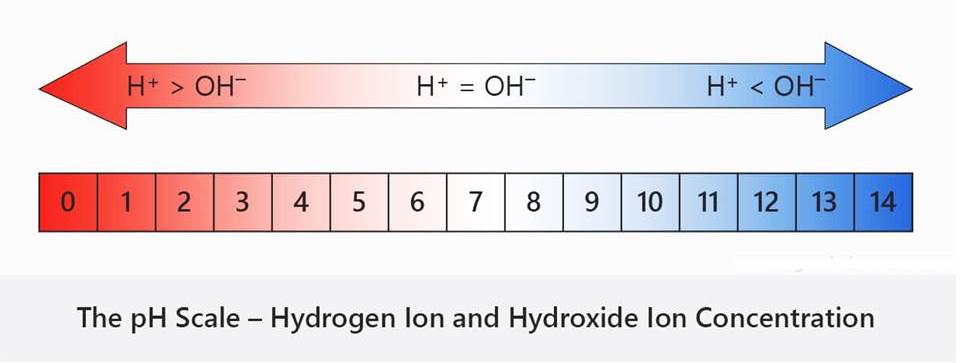
The number 7 or unit 7 (soil pH 7) indicates neutral on the pH scale. This means you have a balanced soil containing both alkaline and acidic components in your soil on an equal level. Numbers or units below 7 on the pH scale indicate acidity (more acidic soil) and numbers or units above 7 on the pH scale indicate alkalinity (more alkaline soil). In conclusion, soil pH is a measure of the acidity or alkalinity of a soil suspension.
What is the optimum pH range for African Violet plants?
Each type of plant has specific requirements for soil pH, and the optimal range can vary widely between plant species. For example, acid loving plants, such as blueberries and rhodendrons, prefer a soil pH of 4.5 to 5.5, while other plants, such as African Violets, prefer a slightly acidic soil pH of between 5.5 and 6.5.
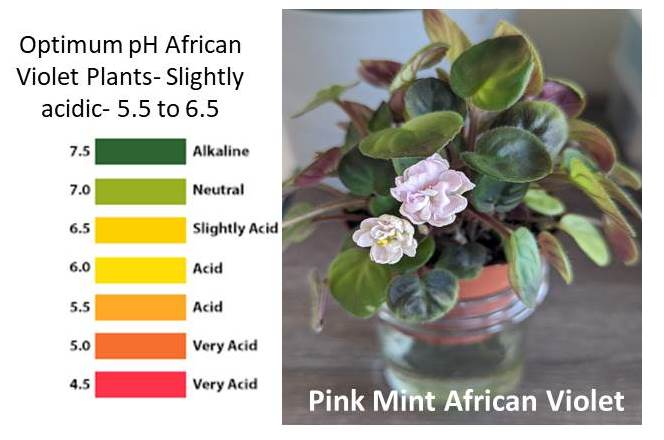
This pH range provides the optimal growing conditions for African Violets and allows them to absorb the necessary nutrients from the soil. In other words, the soil pH plays a crucial role in the growth and health of African Violets, as the availability of nutrients depends on the soil’s acidity or alkalinity.
Why is soil pH of African Violets important?
African Violet plant prefer a soil pH that is well draining, with a slightly acidic pH between 5.5 and 6.5. The pH of soil is a measure of acidity or alkalinity, and it affects the availability of nutrients in the soil. Soil pH is one of the indicators of soil health and can control the availability of nutrients. The soil pH can also control biological functions, such as plant growth and bloom occurrence. Soil pH can be an additional factor to take into consideration when growing healthy African Violets.
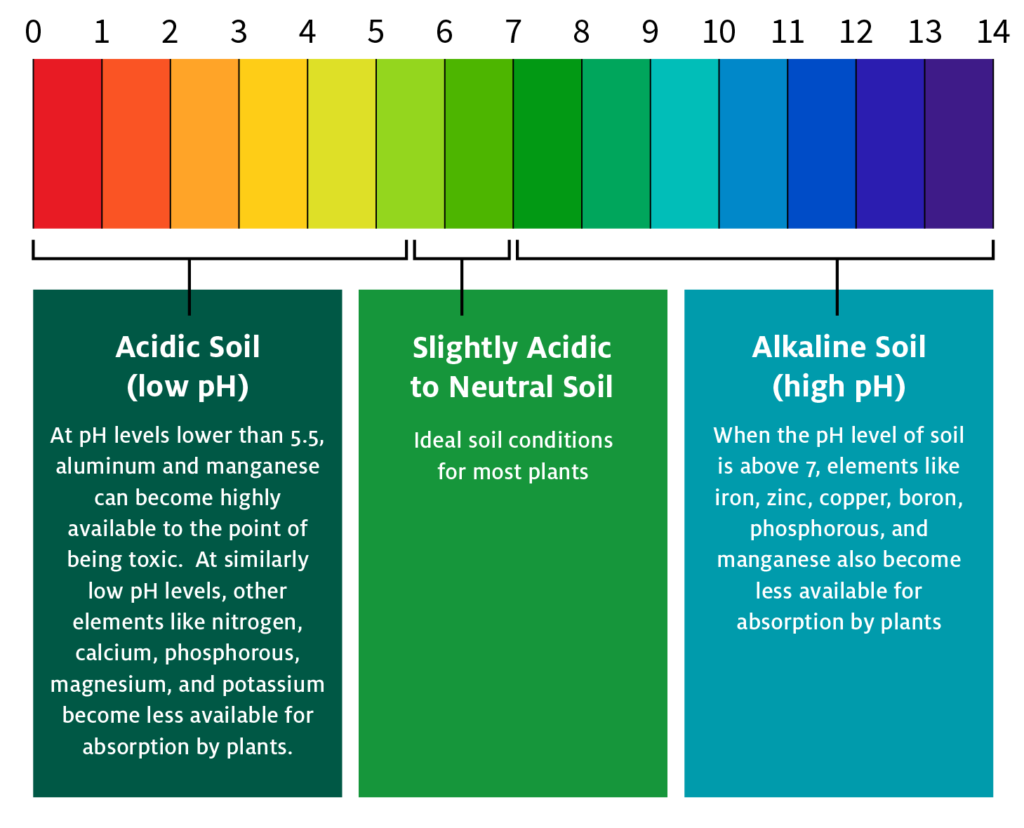
It is not necessary to measure soil pH for a hobby grower, unless you notice some issues with the plant or are just curious to see what the soil pH is. As mentioned above, if your soil pH is not at the correct level, it prevents your African Violet plant from absorbing nutrients, even if you fertilize your plants. This means over time your African Violet plant will become nutrient deficient and suffer from malnutrition.
In conclusion, if the soil pH is too low or too high it can limit the African Violet plants ability to absorb certain nutrients, leading to stunted growth and yellowing leaves.
African Violet potting soil, perlite, vermiculite and coco coir shown below:
What are the symptoms of low soil pH in African Violet plants?
Low soil pH means anything below 7 units on the pH scale. Low soil pH in African Violet plants can cause a range of symptoms in plants, including:
- Stunted Growth: Acidic soil can prevent African Violet plants from absorbing certain essential nutrients, such as calcium, magnesium and phosphorus, leading to stunted growth.
- Chlorosis: Chlorosis is a condition characterized by yellowing leaves in African Violets, and it is often caused by iron and manganese toxicity in plants growing in acidic soil. The iron and manganese in the soil become available to the African Violet plant in excessive amounts when the pH is too low.
- Poor Flowering: Low soil pH can also affect flower production in some plants, as the plant may not be able to absorb enough of the nutrients it needs to produce flowers.
- Root Damage: Acidic soil can also damage African Violet roots, as the roots are less able to absorb water and nutrients in acidic conditions. This can lead to root rot and reduced growth.
In conclusion, low soil pH or acidic oil, can cause stunted growth, chlorosis, poor flowering and root damage in plants.
What are the symptoms of high soil pH in African Violet plants?
High soil pH means alkaline pH, anything above 7 units on the pH scale. High soil pH in African Violet plants can cause a range of symptoms in plants, including:
- Stagnant growth: Alkaline soil can prevent African Violet plants from absorbing essential nutrients, such as iron, manganese and zinc, leading to slow stagnant / stunted growth.
- Chlorosis: Chlorosis is a condition characterized by color loss or bleaching of African Violet leaves. It is often caused by iron deficiency in African Violet plants growing in alkaline soil. The iron in the soil becomes unavailable to African Violet plants when the soil pH is too high and can lead to yellowing leaves.
- Poor Flowering: High soil pH can also affect flower production in African Violet plants, as the plant may not be able to absorb enough of the nutrients it needs to produce flowers.
- Toxicity: African Violet plants are sensitive to high levels of certain elements, such as aluminum and manganese, which can become toxic at high pH levels. This can leave to brown leaves, root damage and stunted growth.
In conclusion, high soil pH or alkaline soil can cause stunted growth, chlorosis, poor flowering and toxicity in plants.
What is insoluble phosphate or “nutrient lock” and how does it relate to pH and African Violet plants?
Insoluble phosphate, also known as “nutrient-lock,” refers to the inability of African Violet plants to absorb and utilize phosphate (a vital nutrient) when the soil pH is too high or too low. Phosphate is a macronutrient that is essential for African Violet plant growth and development, and it is particularly important for root development and flower production.
At high soil pH levels (above 7.5), the phosphate in the soil can become “locked up” and unavailable to plants, resulting in phosphate deficiency. On the other hand, at low soil pH levels (below 5.5), the solubility of the phosphate in the soil decreases, leading to similar nutrient deficiencies.
This phenomenon of nutrient lock is particularly important for African violets, as they prefer a slightly acidic soil with a pH between 5.5 and 6.5. When the soil pH is outside of this range, the plant may not be able to absorb enough phosphate, leading to stunted growth, yellowing leaves, and reduced flower production.
To avoid nutrient lock, it’s important to regularly monitor the soil pH and adjust it as necessary. If the soil pH is too high, sulfur can be added to lower it, and if it is too low, garden lime can be added to raise it. It’s also important to provide African violets with a well-draining soil mix that contains the necessary nutrients for optimal growth.
In conclusion, nutrient lock, or insoluble phosphate, can occur when the soil pH is too high or too low, leading to phosphate deficiency and stunted growth in plants. To ensure optimal growth of African violets, it’s important to maintain the right soil pH and provide a well-draining soil mix.
How can I measure soil pH in African Violet plants?
There are several ways to measure soil pH in African violet plants:
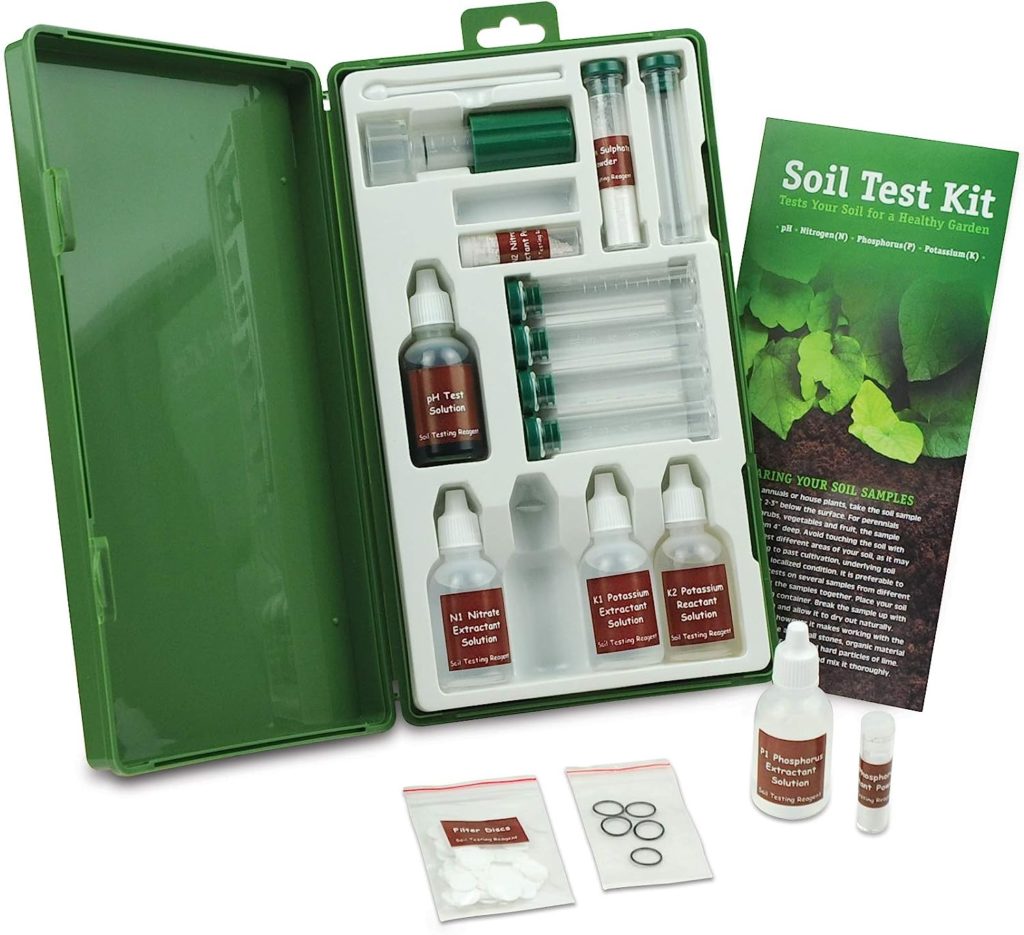
Soil Test Kit: One of the simplest and most straightforward methods of measuring soil pH is to use a soil test kit. These kits typically come with a pH indicator solution and a color chart, and they allow you to easily determine the pH of the soil by mixing a small sample of soil with the indicator solution and comparing the resulting color to the chart.
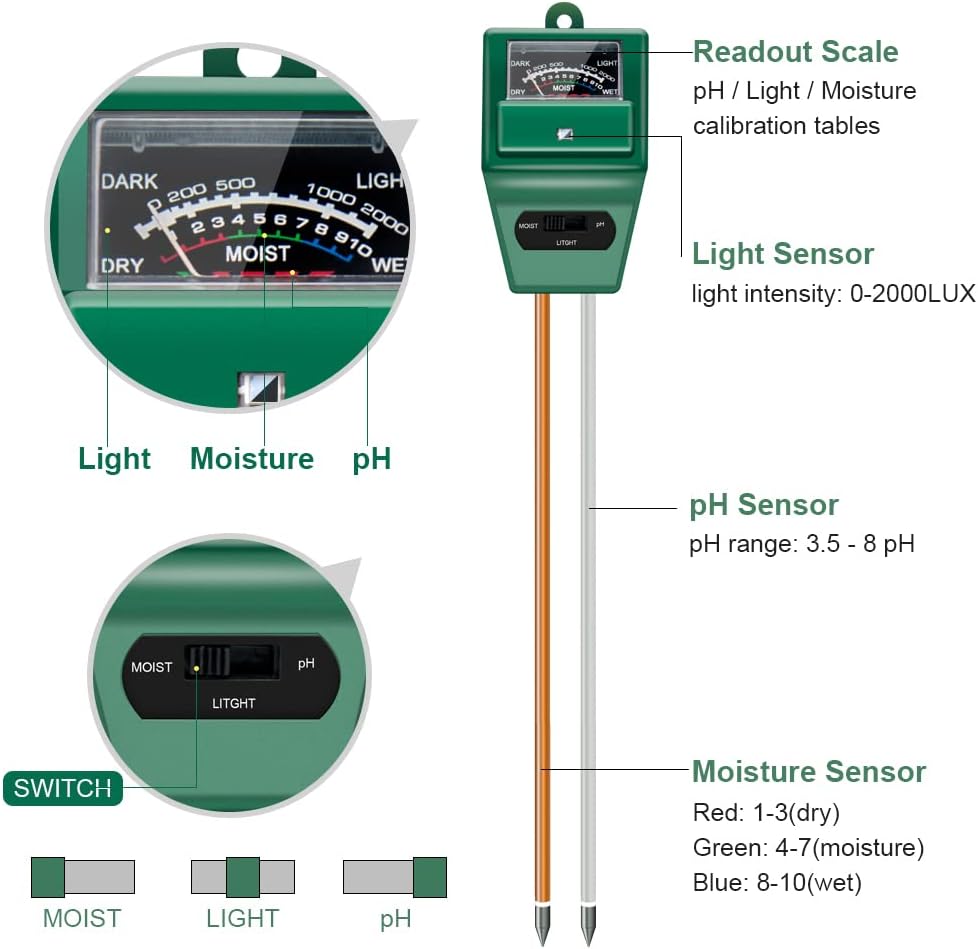
pH Meter: A pH meter is a more precise method of measuring soil pH. The device is inserted into the soil, and it displays a digital reading of the soil’s pH level. pH meters are available for purchase online or in garden centers.
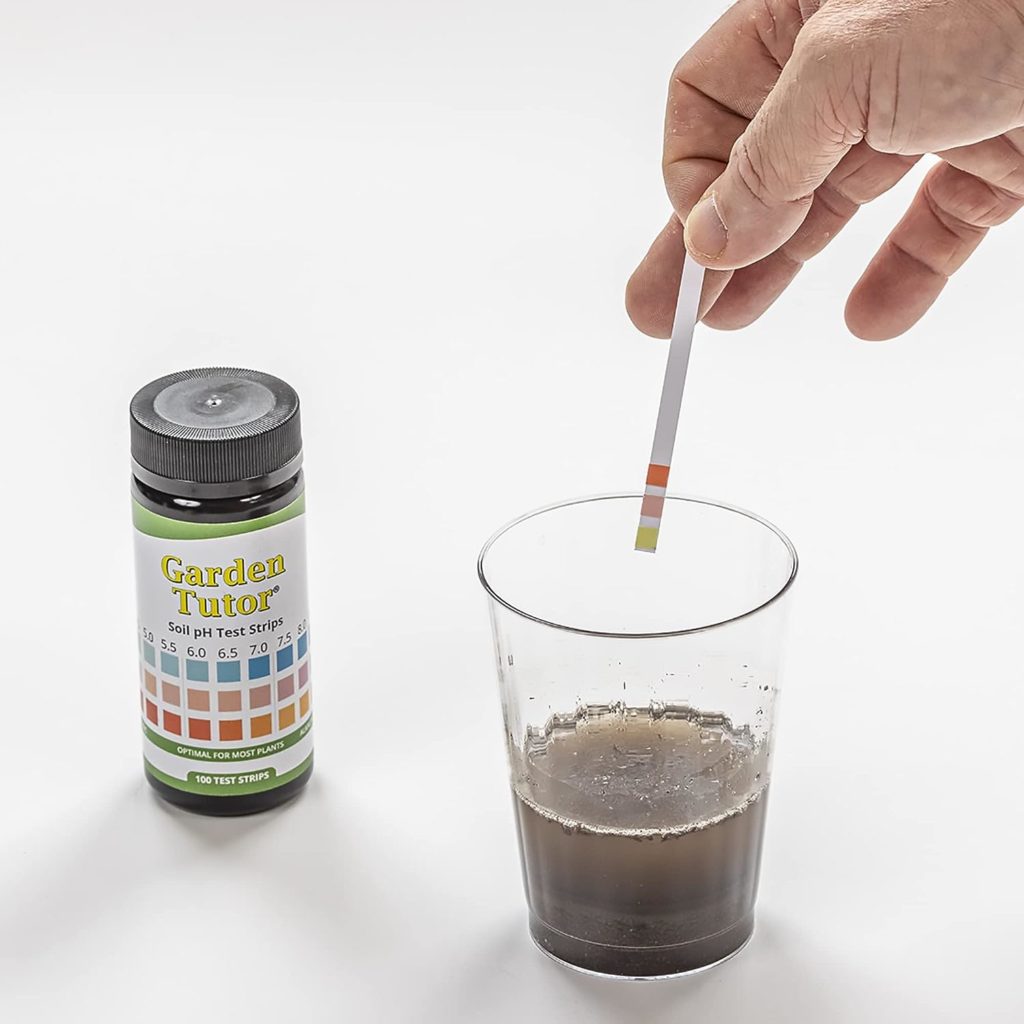
Litmus Paper: Another simple method of measuring soil pH is to use litmus paper. This paper is dipped into the soil, and the resulting color change indicates the soil’s pH level. Litmus paper is readily available online or in garden centers.
It’s important to keep in mind that soil pH can fluctuate over time, so it’s a good idea to regularly check the pH of your African violet plants to ensure that it remains within the optimal range of 5.5 to 6
In conclusion, measuring soil pH in African violet plants is important to ensure optimal growth and health. You can use a soil test kit, pH meter, or litmus paper to determine the pH level of your soil and make any necessary adjustments to maintain the right range.
Examples of commercially available pH testing kits or meters for African Violet plants:
What is root zone pH and how do I measure it in African Violet plants?
Root zone pH refers to the pH level of the soil in the area surrounding the roots of an African Violet plant. The root zone pH can be different from the soil pH at the surface, and it is an important factor in the health and growth of African Violet plants.
African Violet plants absorb nutrients from the soil through their roots, and the availability of these nutrients is largely dependent on the soil’s acidity or alkalinity.
African violets prefer a slightly acidic root zone pH of between 5.5 and 6.5. Maintaining the right root zone pH ensures that the African Violet plant has access to the necessary nutrients for optimal growth and health.
Root zone pH can be affected by factors such as soil type, fertilizer use, and water quality. Regular monitoring of the root zone pH is essential to ensure that African Violet plants receive the right balance of nutrients and are able to grow and flourish.
In conclusion, root zone pH refers to the pH level of the soil in the area surrounding the roots of a plant. Maintaining the right root zone pH is essential for the health and growth of African Violet plants, as it affects the availability of nutrients.
Ceramic pots with different designs, can be used as a nice outer container for your African Violet plants, as shown below:

*Our Affiliate Programs: We are a participant in the Amazon Services LLC Associates Program, an affiliate advertising program designed to provide a means for us to earn fees by linking to Amazon.com and affiliated sites.
Though we do link to many items on Amazon out of convenience to our readers, we do also participate in other affiliate programs that also pay us a commission for any purchases you might make through our links (at no additional cost to you!).
Like this article?
Share on Facebook
Share on Twitter
Share on Linkdin
Share on Pinterest

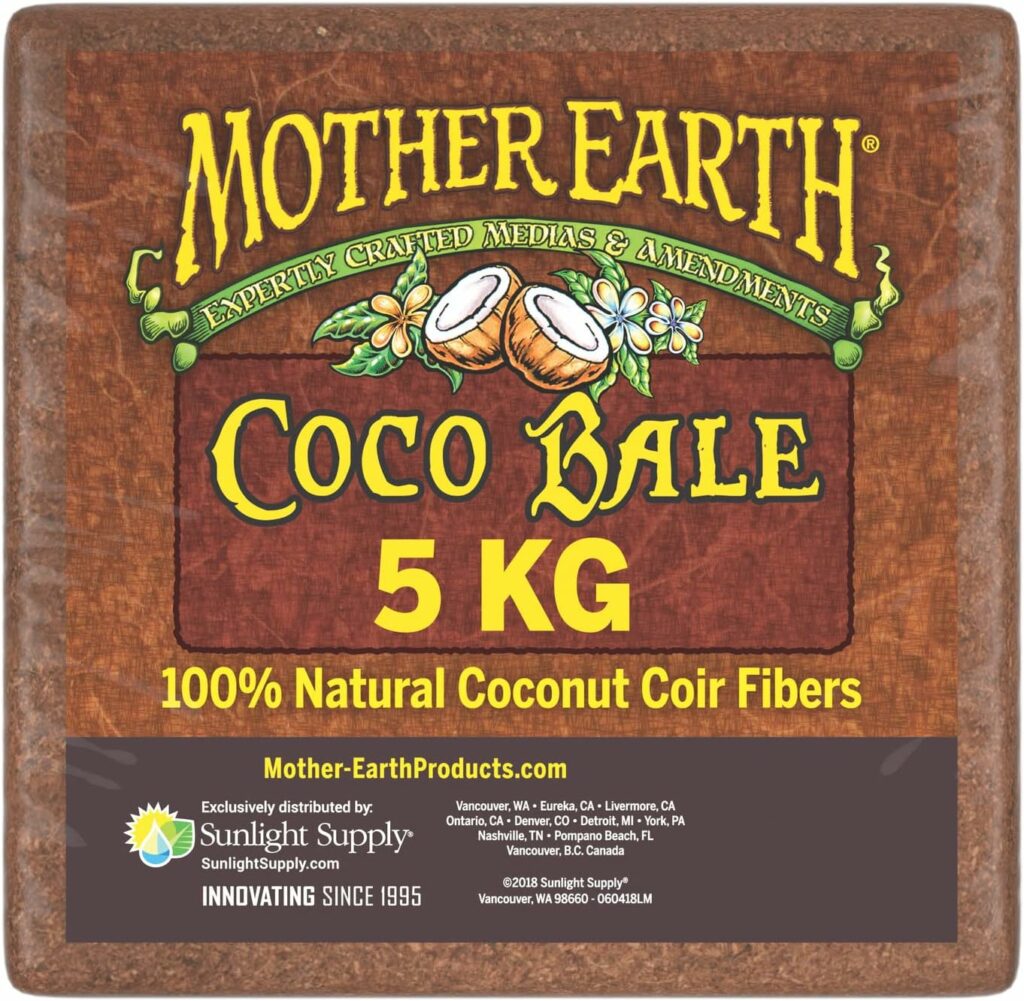
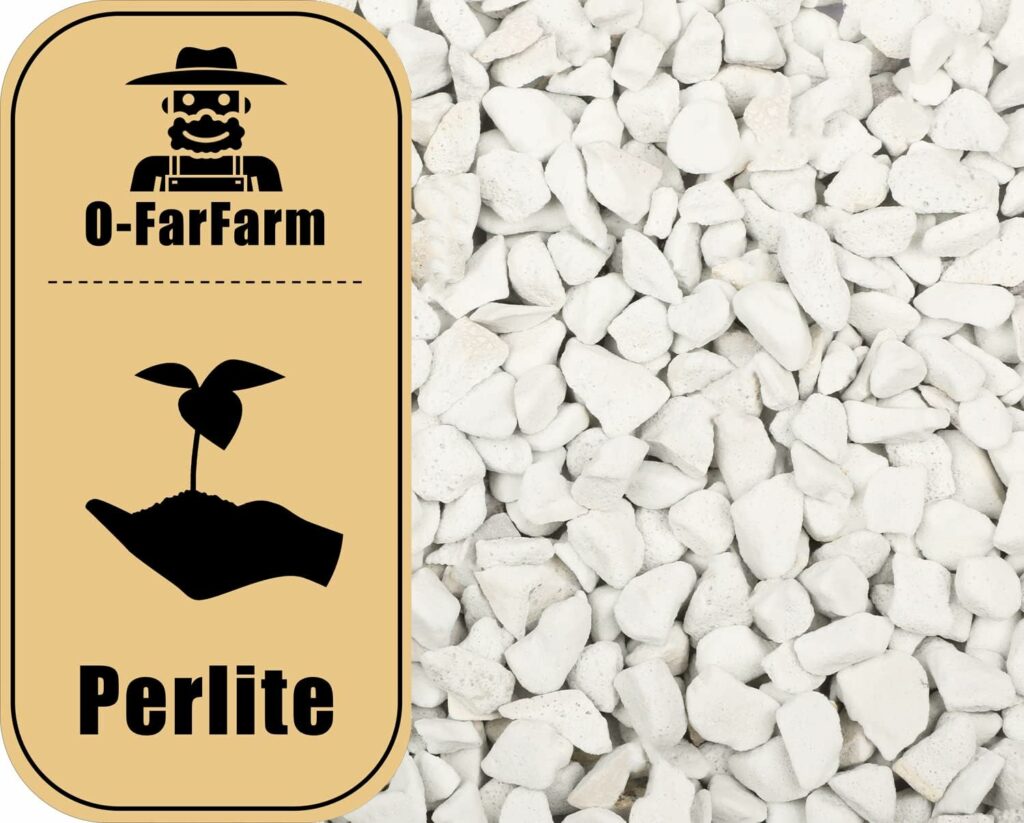

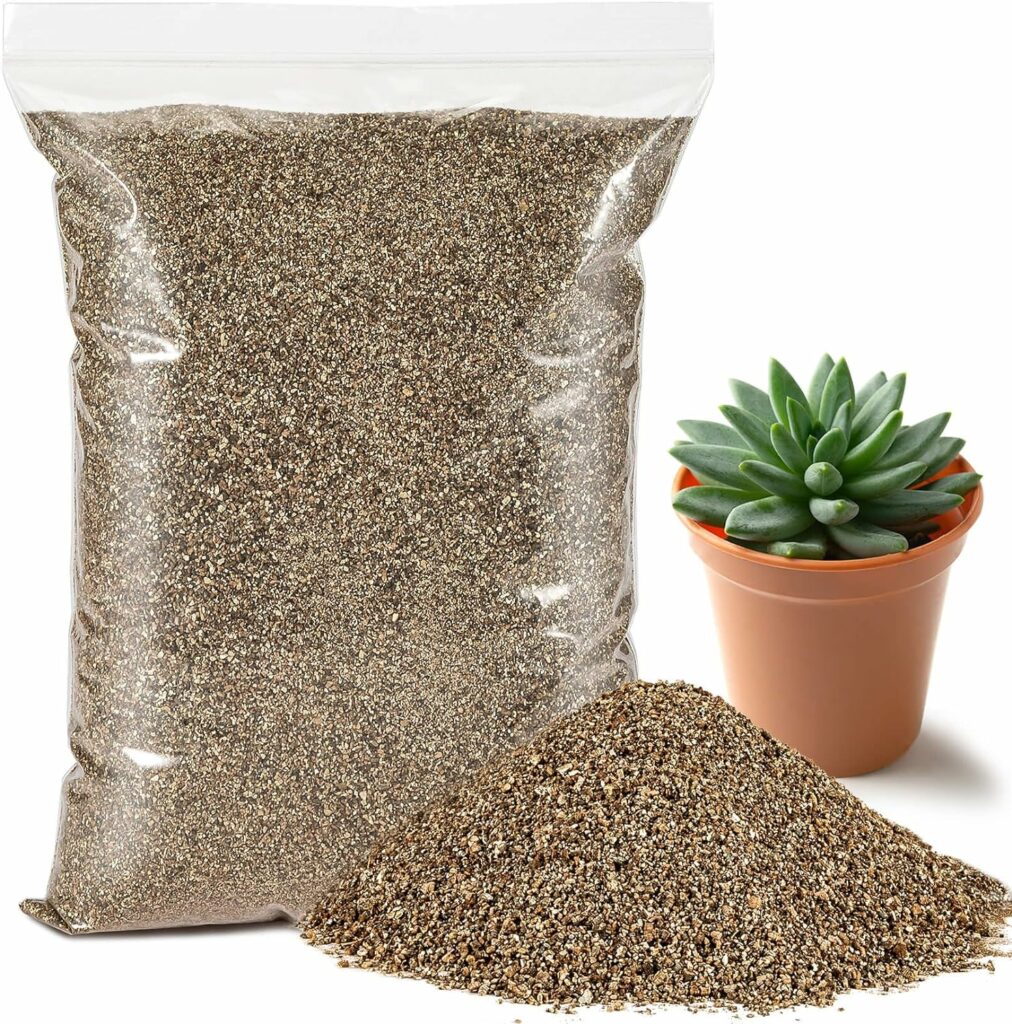
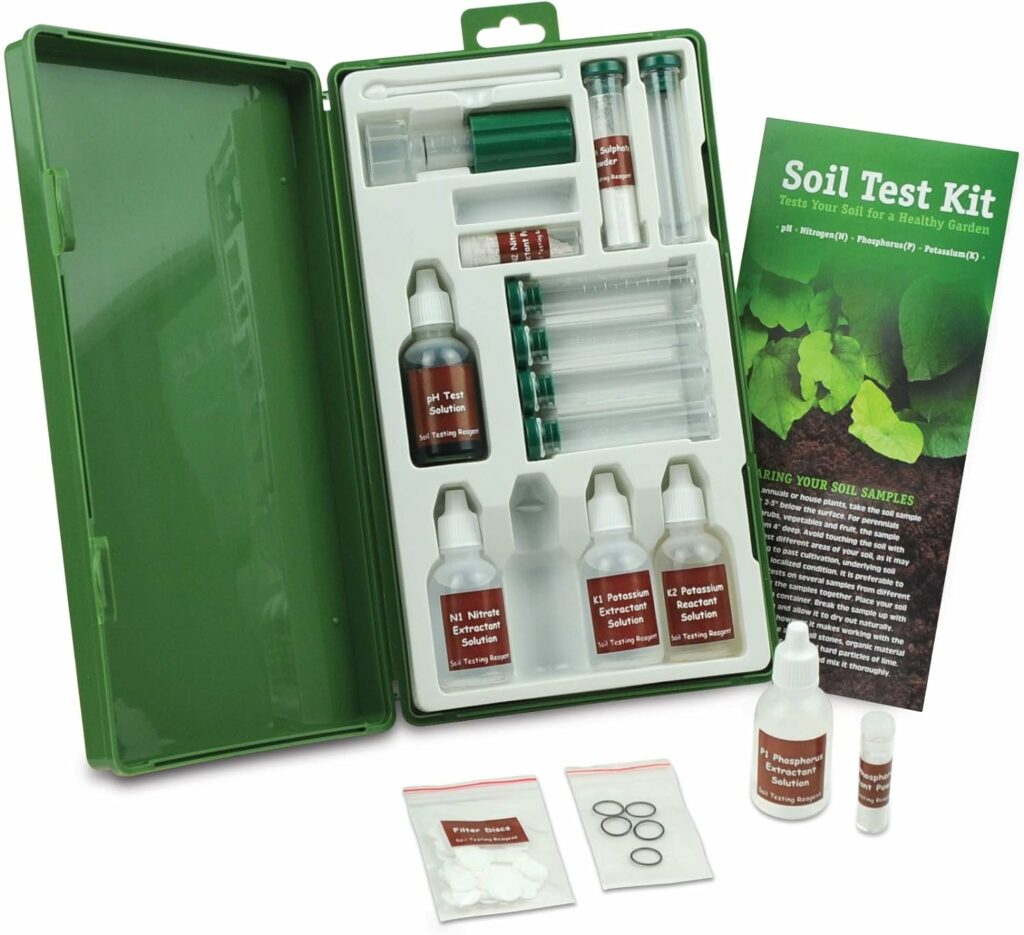
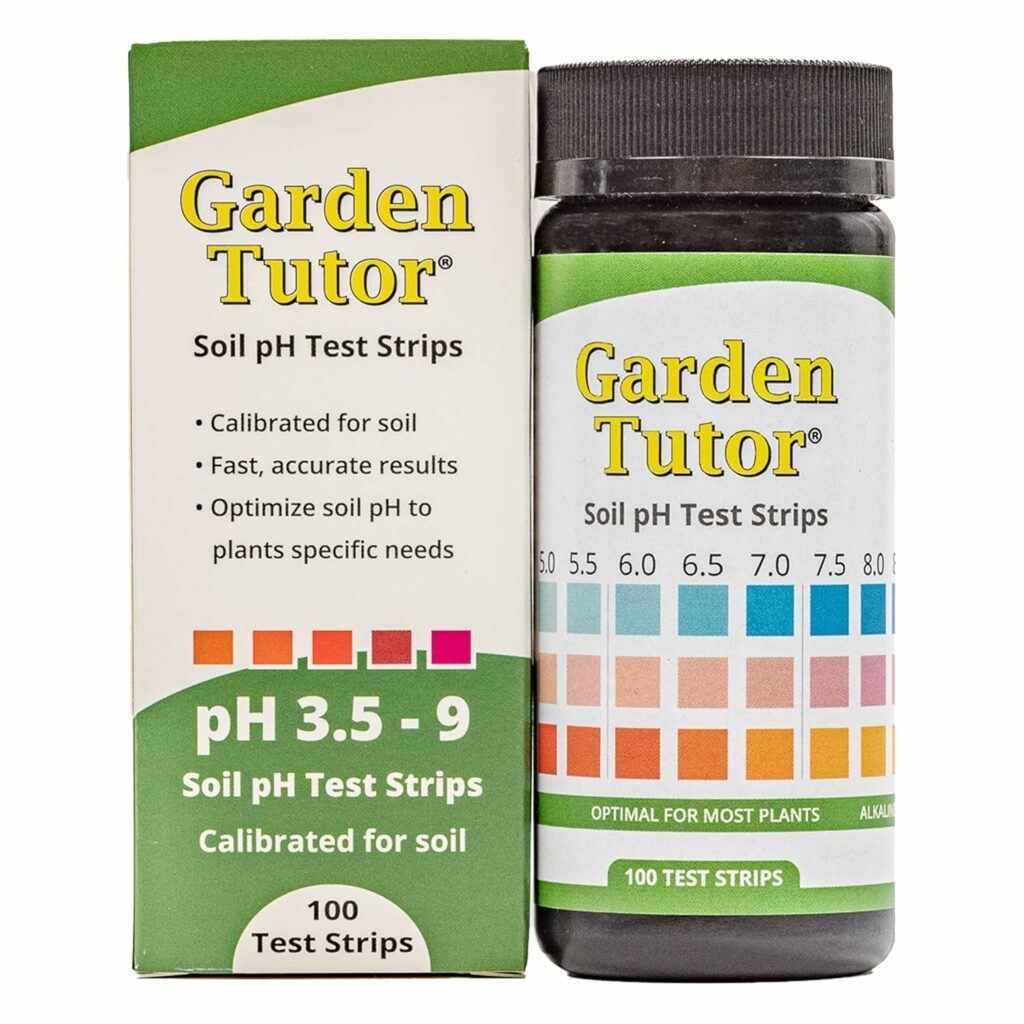
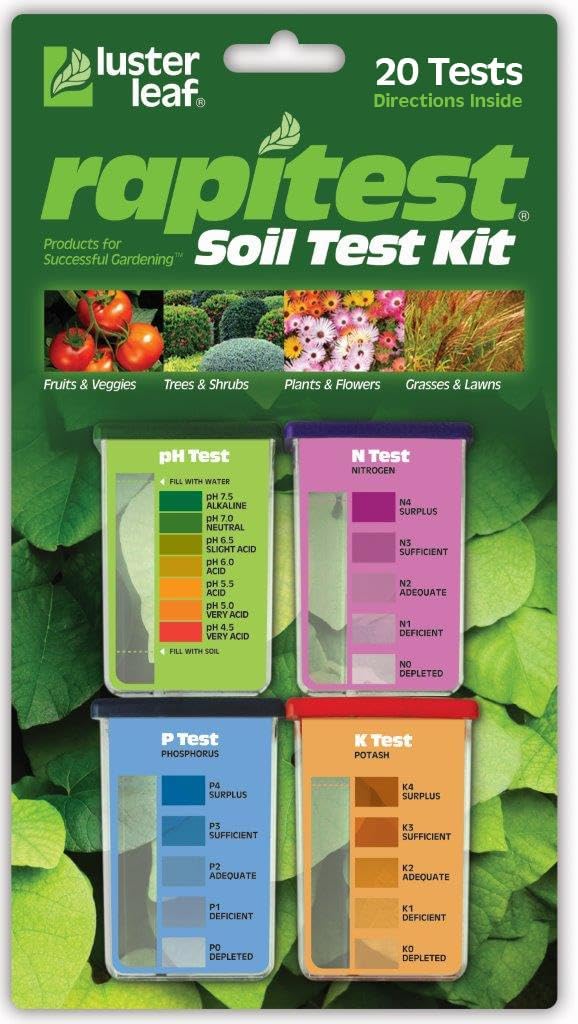

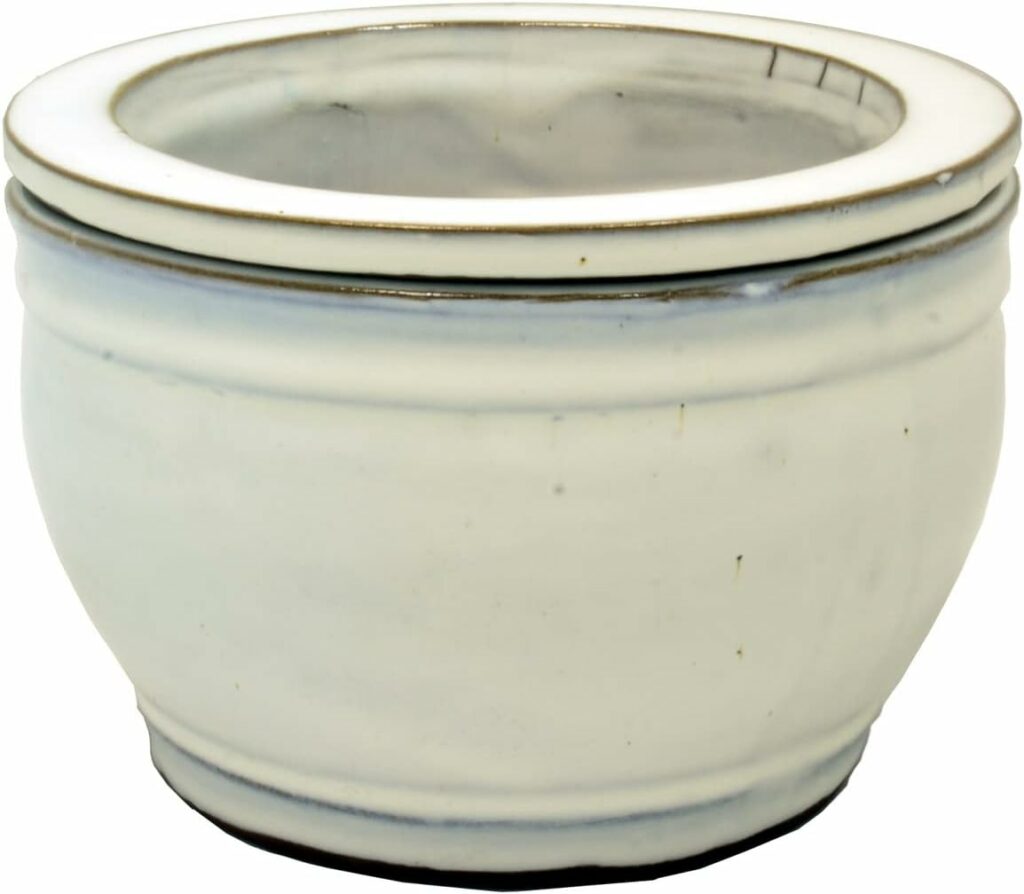
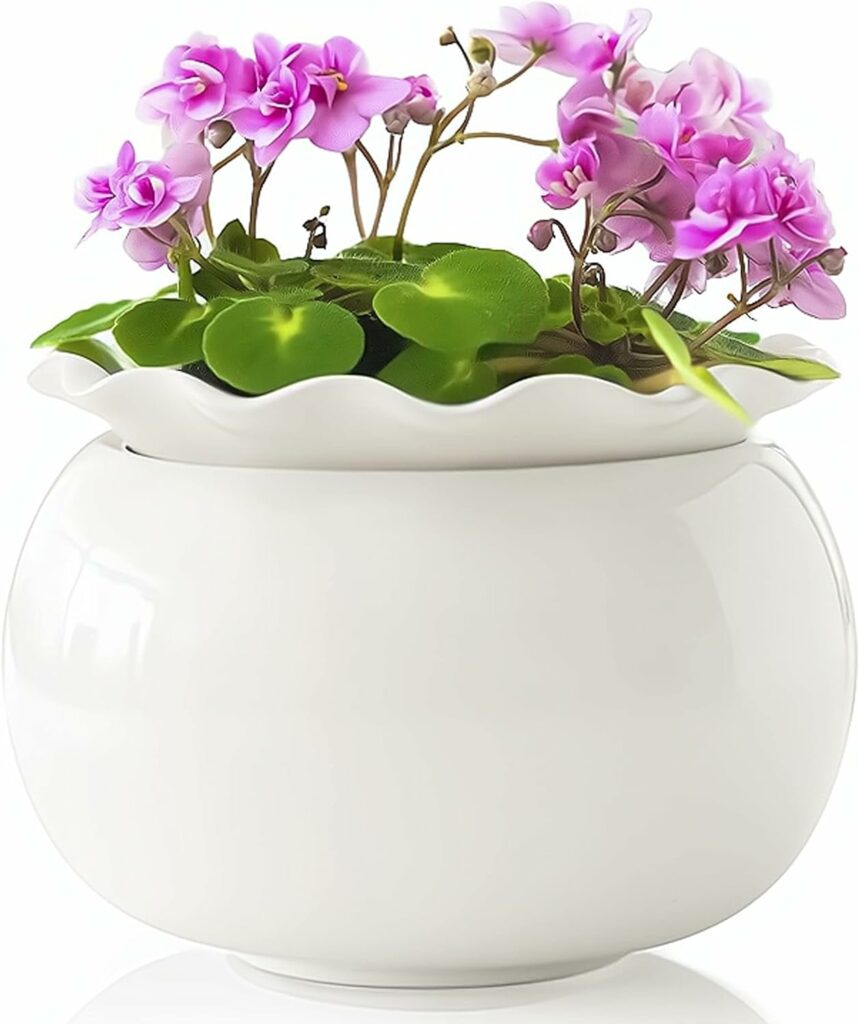
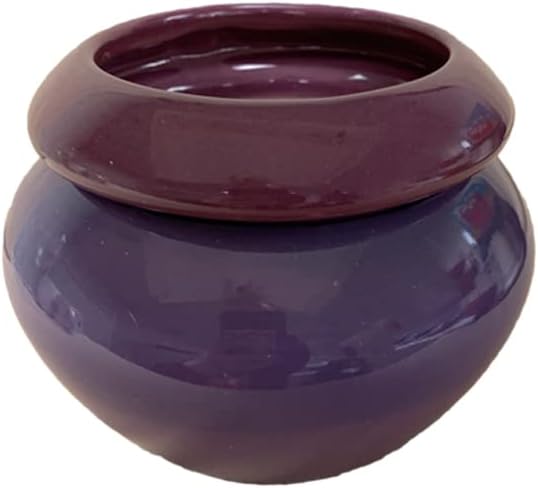
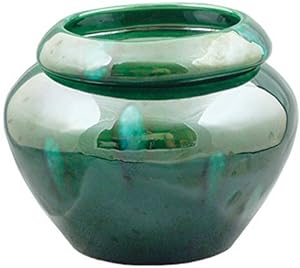

One Response